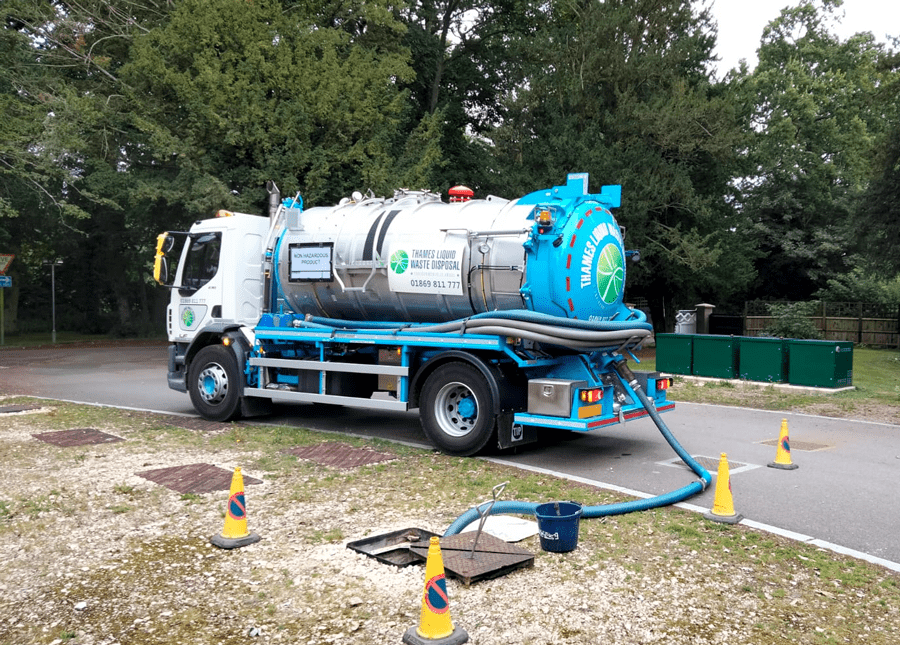Not known Facts About Reclaim Waste
5 Easy Facts About Reclaim Waste Explained
Table of ContentsReclaim Waste Can Be Fun For AnyoneThe Basic Principles Of Reclaim Waste The Basic Principles Of Reclaim Waste The 3-Minute Rule for Reclaim WasteSome Known Incorrect Statements About Reclaim Waste
Check out the types, events, and forms of fluid waste. Residential sewer waste refers to the waste and products from a property septic container. This sort of waste is produced by people in residences, schools, and other buildings. This only includes septic systems that have a drain area. The proper management and disposal of domestic sewage waste call for liquid waste to be transferred to a sewer treatment plant where the appropriate methods and tools are related to purify and take care of waste.
Industrial waste commonly includes potential hazards, such as combustible materials or a blend of liquid and strong waste products, and calls for an advanced and detailed disposal process. The disposal of commercial waste commonly includes the filtration of waste before transport to ensure risk-free and proper disposal. Hazardous waste is created from by-products and runoff of commercial procedures and manufacturing.
This type of waste can not make use of the exact same sewage management transport or procedures as septic or industrial fluids. The hazardous waste administration process requires the examination and testing of liquid waste before it goes through the disposal process (liquid waste disposal melbourne). Runoff waste is the liquid waste that originates from overflow and excess stormwater in highly booming areas or cities
Drainage waste can cause contamination and flooding if not taken care of effectively. Making sure proper waste management can stop catastrophes and reduce environmental harm.
Reclaim Waste - An Overview
Contact PROS Providers today to discover regarding our waste monitoring and disposal services and the appropriate ways to look after the liquid waste you create.
(https://www.gaiaonline.com/profiles/reclaimwaste1/46907679/)This supposed 'wastewater' is not just an essential resource however, after treatment, will certainly be launched to our land, rivers or the sea. Utilized water from toilets, showers, bathrooms, cooking area sinks, laundries and commercial procedures is recognized as wastewater.

water made use of to cool down machinery or tidy plant and devices). Stormwater, a form of wastewater, is runoff that streams from farming and metropolitan locations such as roof coverings, parks, yards, roadways, courses and gutters into stormwater drains, after rain. Stormwater moves untreated straight to neighborhood creeks or rivers, eventually reaching the sea.
What Does Reclaim Waste Mean?
In Queensland, many wastewater is treated at sewage treatment plants. Wastewater is transported from domestic or industrial websites through a system of sewers and pump stations, called sewage reticulation, to a sewage treatment plant. Local governments build, keep and operate most sewage treatment plants. Operators are certified under the Environmental Defense Act 1994 to release cured wastewater at an acceptable environmental standard right into waterways.
The Division of Natural Resources advises regional governments about managing, operating and preserving sewerage systems and treatment plants. In unsewered areas, neighborhood federal governments may require owners to mount individual or house sewer treatment systems to treat domestic wastewater from toilets, kitchen areas, restrooms and washings. The Division of Natural Resources authorises the use of family systems when they are proven to be reliable.
Most stormwater gets no therapy. In some new subdivisions, therapy of some stormwater to get rid of litter, sand and crushed rock has begun making use of gross pollutant catches. Wastewater treatment takes place in 4 phases: Eliminates strong issue. Bigger solids, such as plastics and various other items wrongly released to sewage systems, are removed when wastewater is travelled through displays.
Makes use of small living microorganisms recognizes as micro-organisms to break down and get rid of continuing to be liquified wastes and fine particles. Micro-organisms and wastes are incorporated in the sludge.
See This Report about Reclaim Waste
Nutrient elimination is not available in any way sewer therapy plants since it requires costly specialist tools. It is ending up being extra usual in Queensland. Clear fluid effluent produced after therapy may still include disease-causing micro-organisms. If this effluent is released right into waterways such as rivers or the sea, the micro-organisms will eventually die out.

This generally indicates wastewater needs to be dealt with or pollutants removed before it can be released to waterways. Many wastewater flows into the sewage system. Under the Act, neighborhood governments provide authorizations and licences for environmentally pertinent activities (ERAs) involving wastewater releases that may have a local effect. The division administers approvals and permits to Periods involving wastewater releases that may have a local or statewide effect.
Indicators on Reclaim Waste You Should Know
Surveillance offers accurate info regarding water quality and can confirm that licence problems are being met. The info gotten with surveillance supplies the basis for making water quality choices.